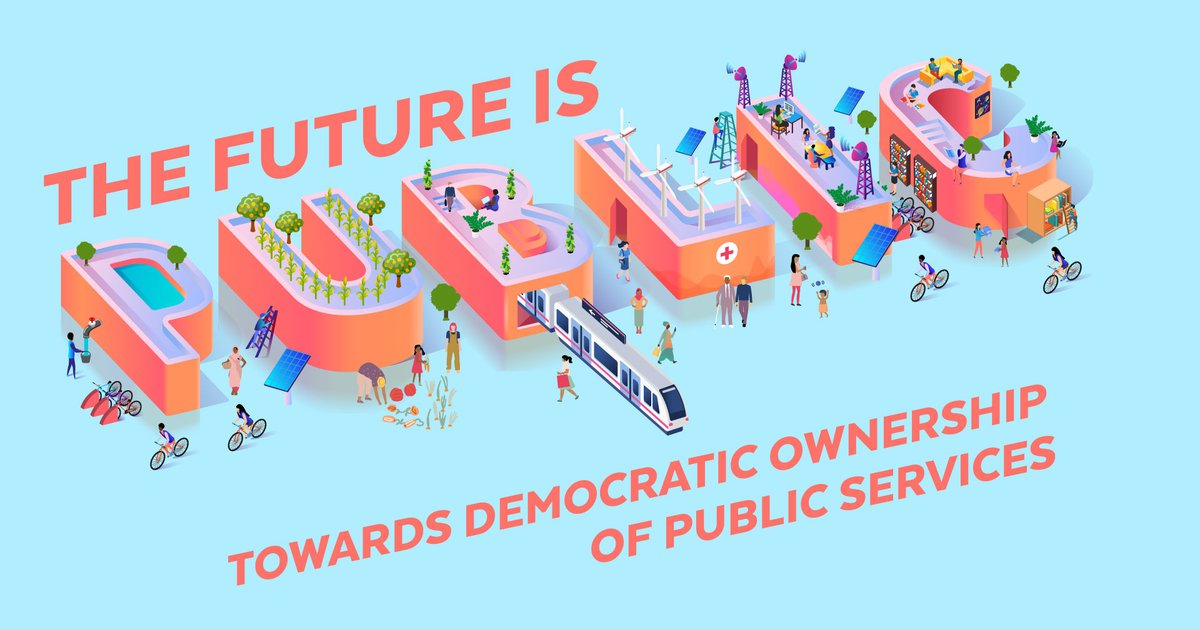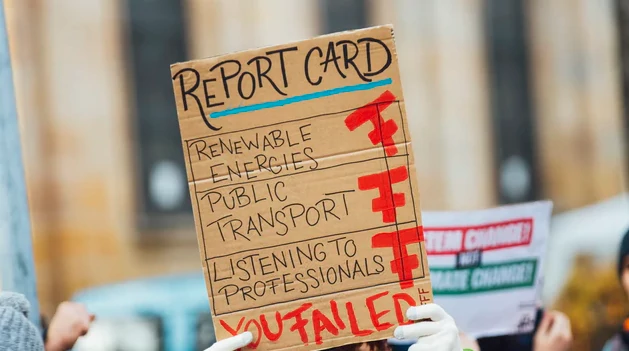
Fixing Long-term Care
The current long-term care model is designed to squeeze costs using a private delivery process. It is the state that sets the terms of spending and care delivery. The private system is being used to limit costs through obscuring the state's role in under-funding the service.




